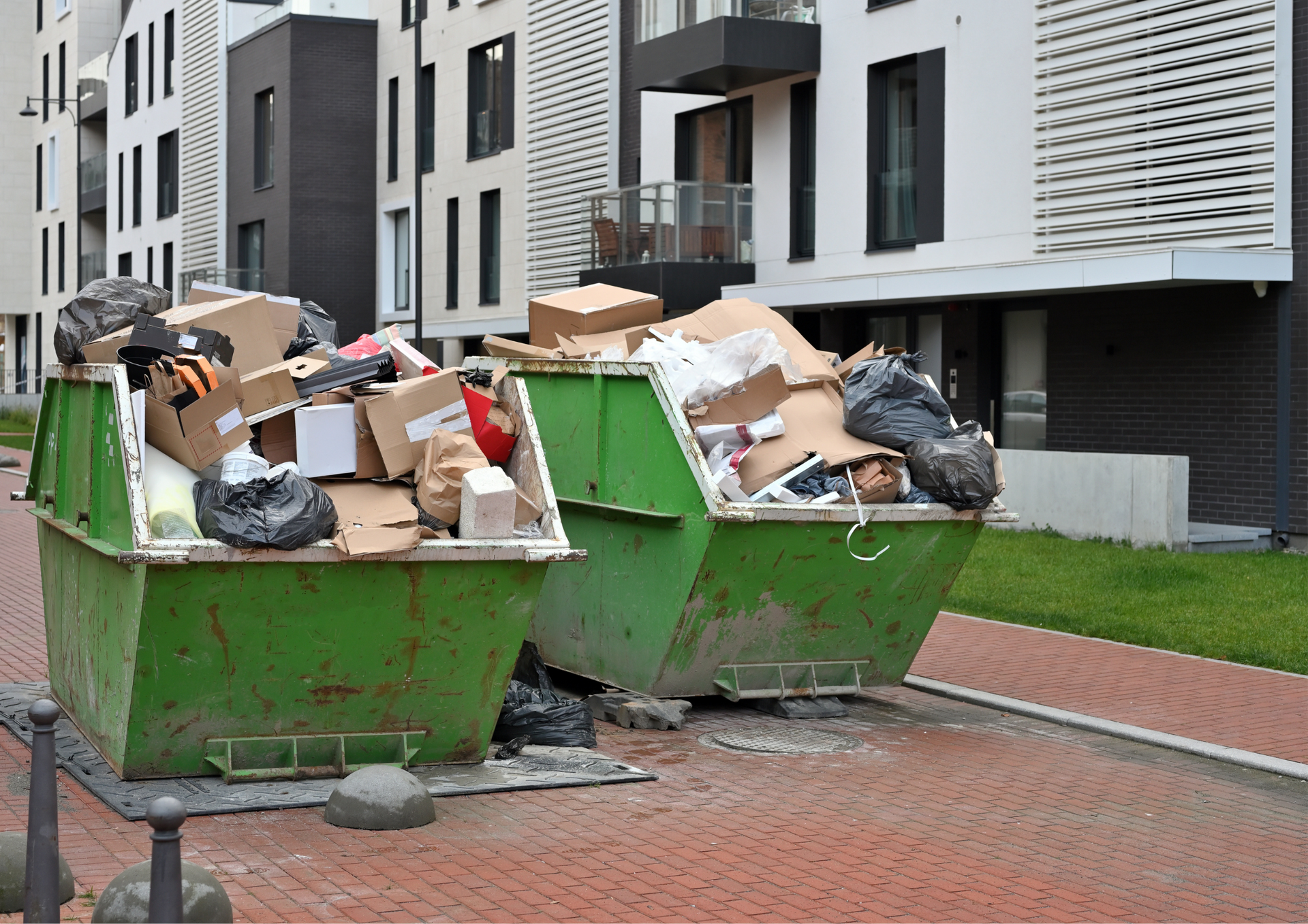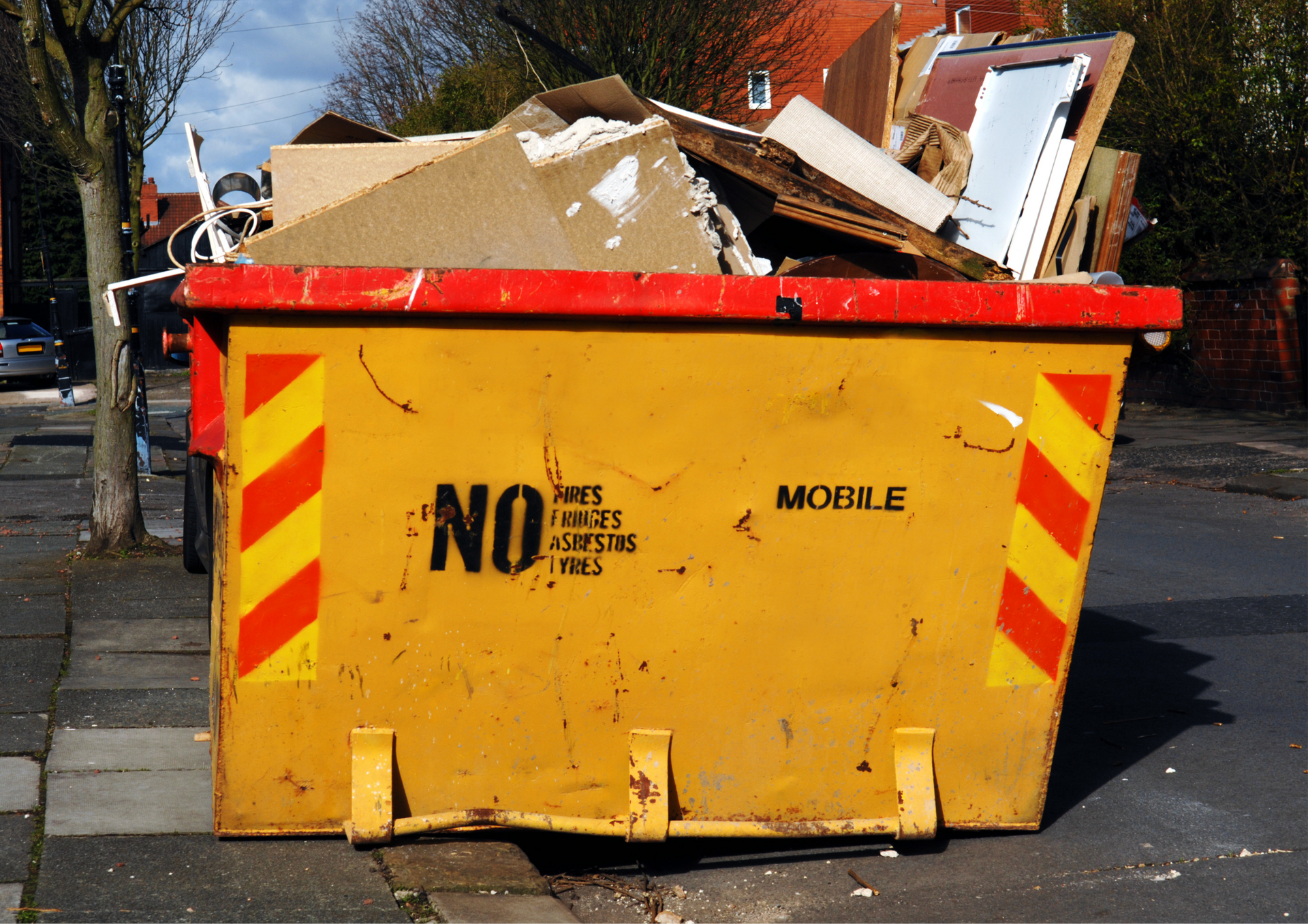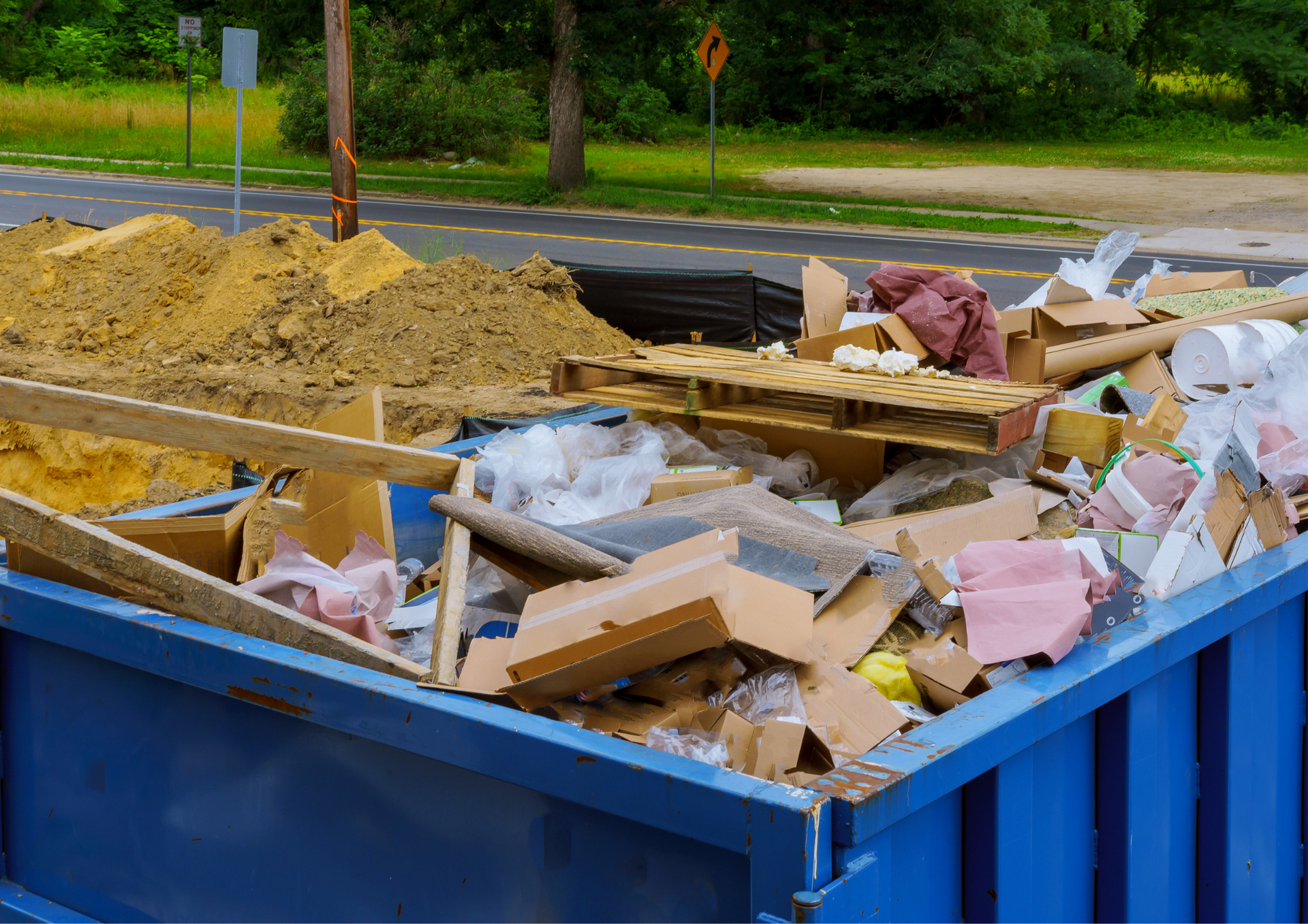Large Skip Hire for Garden Waste: What You Can and Can’t Include
When you are taking on a major garden project, whether it involves clearing out years of overgrown greenery, transforming an outdoor space, or managing the waste that comes with large-scale landscaping, arranging the right skip is essential. Choosing a large skip hire ensures you have the space you need and the peace of mind that your waste is being disposed of safely and efficiently.
This guide will explore what can be placed in a garden skip, what must be kept out, and how to handle waste management in a cost-effective way.
Understanding Garden Waste and Skip Sizes
Garden waste covers a wide range of materials, from grass cuttings and fallen leaves to broken plant pots, old timber fencing, and even small amounts of soil. For projects that involve more than just light tidying, opting for a bigger container makes the process far easier. Many people choose a large builders skip because it can handle the kind of heavy, bulky material that often comes with outdoor renovations, such as tree branches, turf, and sections of decking.
The size of the skip you hire makes a significant difference to both the efficiency of your project and the overall cost. Smaller skips are suitable for light maintenance work, but if you are planning a complete garden overhaul, investing in a larger option avoids the inconvenience of overfilling or arranging multiple collections.
What You Can Put in a Large Skip
Most everyday garden waste can be placed directly into a skip. Grass, weeds, flowers, hedge clippings, and small branches are all accepted without issue. Old turf and moderate amounts of soil can also be included, provided the load is not excessive. For those tackling garden structures, wooden fencing, decking, sheds, and even outdoor furniture can be disposed of safely within the skip.
For homeowners or businesses with ongoing landscaping projects, arranging large rubbish bin hire offers an excellent solution. This approach makes sure that waste is managed promptly, prevents the build-up of unwanted materials, and saves repeated trips to the local tip or recycling centre. Having a skip on site ensures your project runs smoothly and keeps the outdoor space clear as you work.
What You Can’t Put in a Large Skip
Although skips are versatile, not everything can be disposed of this way. Certain items are restricted because they pose a risk to the environment or require specialist handling. Hazardous substances such as paints, solvents, and chemicals are not permitted. Neither is asbestos, which demands professional removal. Large quantities of soil or clay can also be problematic, as they quickly make the skip too heavy to lift safely. Electrical goods, batteries, tyres, and gas cylinders are similarly prohibited, as each needs to be handled separately through appropriate recycling or disposal channels.
For larger cleanouts that go beyond garden waste, some people choose big rubbish bin hire to manage different types of materials in an efficient and organised way. This ensures that non-garden waste is kept separate and handled in accordance with regulations, while still allowing the project to move forward without delays.
Costs, Regulations, and Best Practices
When arranging skip, it is important to understand the costs involved, the local regulations, and the best practices for safe loading. The large skip price depends on several factors, including location, the duration of the hire, and whether the skip will be placed on private property or require a permit for use on a public road. Planning ahead avoids unexpected expenses and ensures compliance with local council rules.
Once the skip arrives, it should be loaded carefully to maximise space and keep the collection safe. Placing heavier materials at the bottom, breaking down larger items where possible, and avoiding overfilling the container all help to maintain safety standards. Exceeding the marked fill line is not only unsafe but also means the skip may not be collected. For businesses or ongoing construction projects, large skip hire on a rolling basis can provide a convenient and cost-effective solution, ensuring that waste management remains consistent and hassle-free.
Undertaking a major garden project creates a surprising amount of waste, and having the right disposal method is essential to keep everything manageable. Opting for a
large skip hire provides the space and reliability needed to deal with a wide variety of outdoor materials, from hedge trimmings and grass cuttings to old garden furniture and fencing. By understanding what can be included and what must be kept out, you protect the environment, save money, and avoid unnecessary complications. Responsible waste disposal not only benefits your immediate project but also ensures compliance with local regulations and contributes to broader sustainability efforts.
At
Skip Hire Stockport, we understand the challenges that come with managing waste from garden projects, renovations, and large-scale clear-outs. Our team provides professional, reliable, and environmentally conscious services tailored to the needs of homeowners, contractors, landscapers, and businesses alike. We offer a wide selection of skips, from smaller options for modest clean-ups to larger containers for demanding projects, all at competitive rates.
Don’t miss it on X: Garden waste skip hire – what’s allowed and what isn’t in a
large skip hire!



